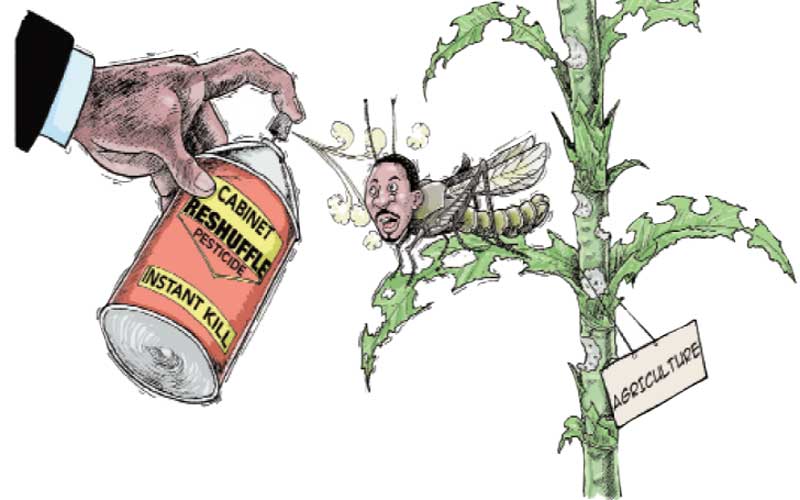×
The Standard e-Paper
Home To Bold Columnists

The locust invasion has not only caused havoc across the country, but has also brought to an end Mwangi Kiunjuri’s career as the Agriculture Cabinet Secretary, or was it a coincidence? The last two years of Mr Kiunjuri’s leadership at the ministry saw high levels of mismanagement of government agriculture programmes and functions.






